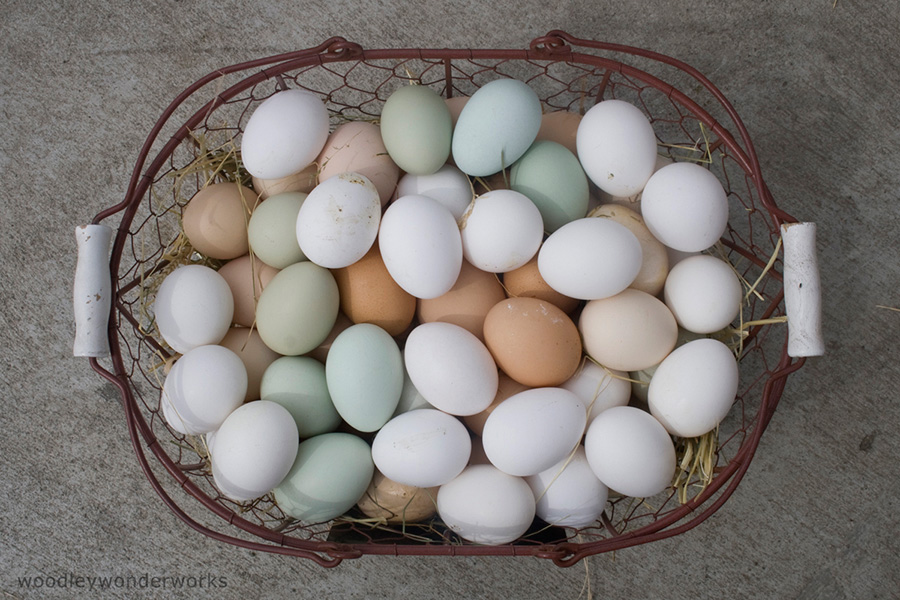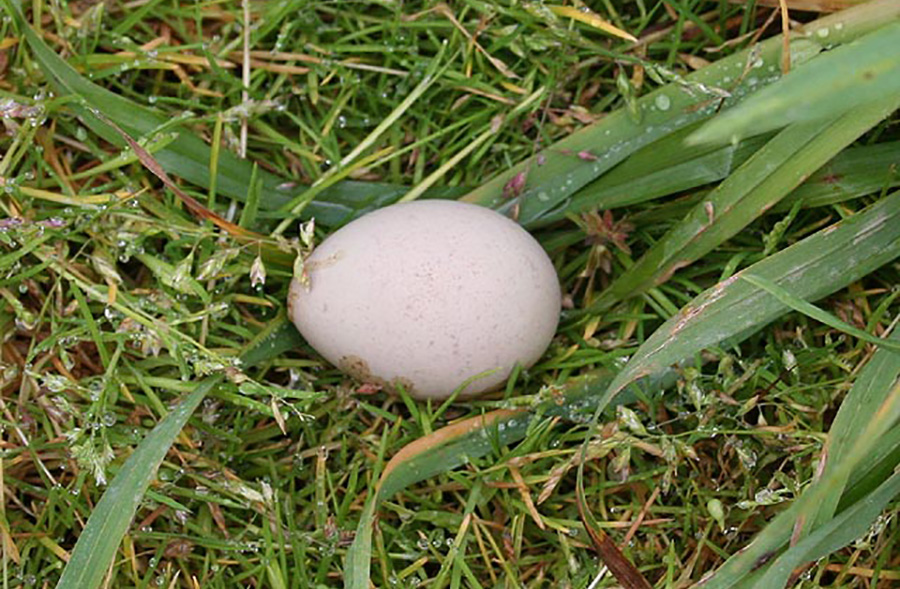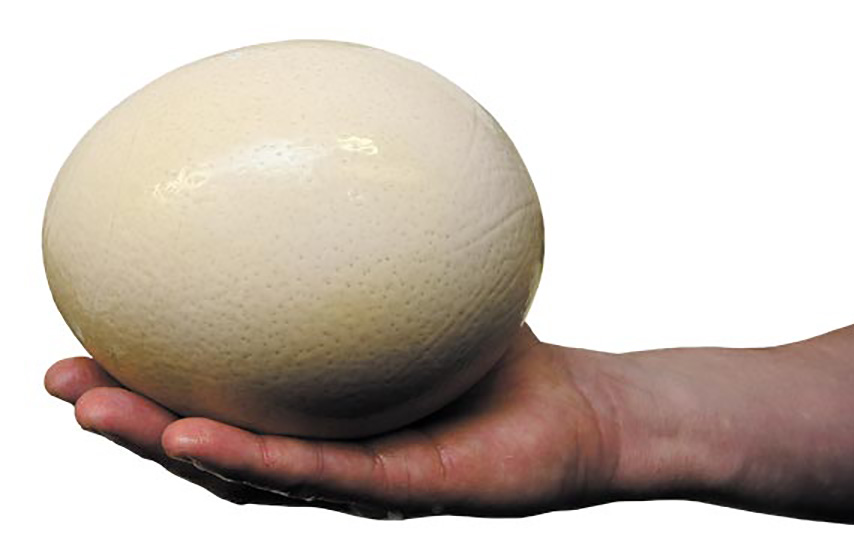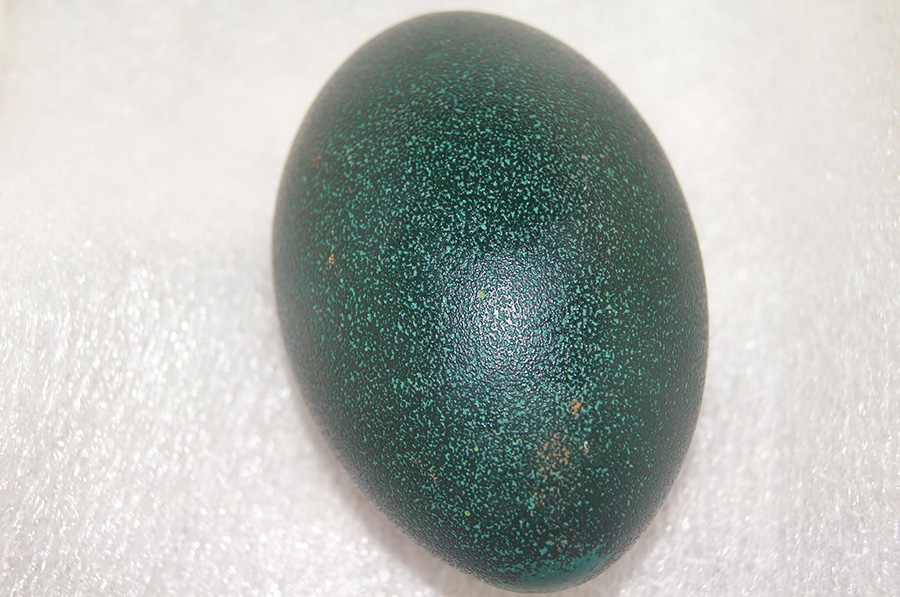Eggs are one of the most nutritious foods in the world. They contain proteins, vitamins, and healthy fats that we need to stay healthy. While chicken eggs are the most common in our diets, many other types of bird eggs are also edible, each with varying nutrition and taste.
Chicken Eggs

Chicken eggs are the most widely consumed eggs. They are mild in taste and packed with essential vitamins and nutrients. While store-bought chicken eggs are typically white, they can also come in brown, green, or other colors, depending on the chicken breed.
Duck Eggs

Duck eggs are similar to chicken eggs but have a larger yolk. They offer a richer and creamier taste and contain more fat and protein. Duck eggs have a thicker shell, which helps them stay fresh longer than chicken eggs.
Turkey Eggs

Turkey eggs are similar to duck eggs in size and flavor. With a thicker yolk and egg white, they offer a creamier consistency. Turkey eggs are often preferred in baking for their richer flavor, but they are rare to find as turkey farming is usually focused on meat production.
Goose Eggs

Goose eggs are significantly larger than chicken eggs, with a denser texture and higher protein content. Their thick shells make them tougher to crack. Due to geese laying only around 40 eggs per year, goose eggs are harder to come by.
Quail Eggs

Quail eggs are tiny and delicate, offering a lighter flavor compared to other eggs. Although their nutritional content is similar to chicken eggs, you would need to consume several quail eggs to match the nutrients in one chicken egg. These tiny eggs are often regarded as a delicacy in various cultures.
Pheasant Eggs

Pheasant eggs are similar in size to duck eggs, with a lighter, less rich flavor. However, they tend to have a more gamey taste due to the bird’s nature. Pheasant eggs are often favored for their unique taste.
Ostrich Eggs

Ostrich eggs are the largest of all bird eggs, weighing around 3 pounds. Each egg is equivalent to about 20 chicken eggs! Their thick, creamy-colored shells are extremely hard to crack. Ostrich eggs contain around 2,000 calories, but their nutritional profile is similar to that of chicken eggs.
Emu Eggs

Emu eggs weigh about 2 pounds, slightly less than ostrich eggs. They have a dark, speckled shell that is usually black or deep green. Emu eggs are known for their rich, custard-like yolk, making them one of the most flavorful eggs you can eat.
While chicken eggs are the most common in most diets, exploring other bird eggs offers a new flavor and nutritional experience. Each type of egg has unique characteristics, from the creamy richness of turkey eggs to the light, delicate taste of quail eggs. Why not try something new and enjoy a different kind of egg next time?
Have you tried any of these eggs? Let us know your experience in the comments below!











